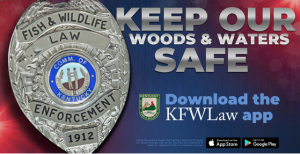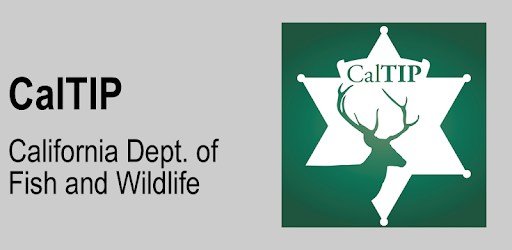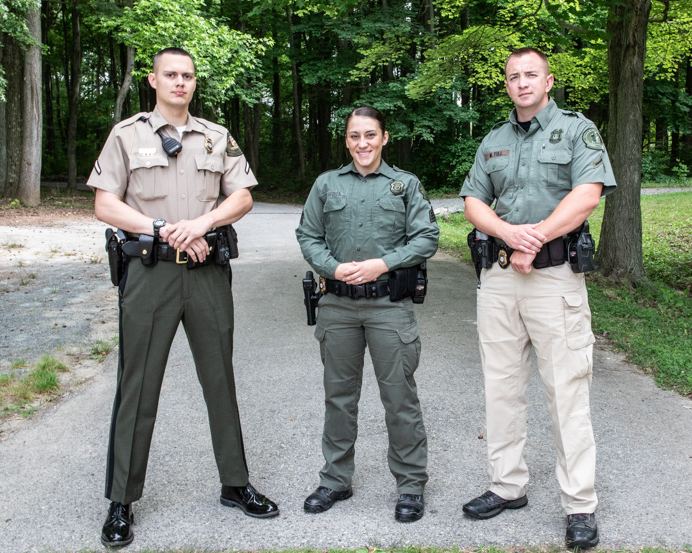Kentucky Fish and Wildlife debuts crime-fighting app
Kentucky Fish and Wildlife has partnered with tip411 to offer the public a way to submit anonymous tips using the new KFWLaw smartphone app or by text message and the web. Similar technology has helped reduce crime in communities nationwide.




